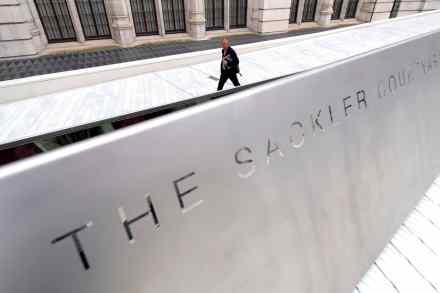The BBC is killing cricket
Full homage to the nail-biting cricketing miracle in Sydney, while bearing in mind that miracles, like lightning, rarely strike twice and it’s a toss-up whether England’s Test team or Novak Djokovic was more deserving of deportation from Australia earlier this week. But only Test cricket could conjure up such a climax after five days of fierce competition where one of the greatest batters the world has seen had just six balls to try to dismiss one of the greatest bowlers. Cricket eh! Bloody hell. The BBC’s desertion of red-ball cricket has played a major role in sidelining the game Breathtaking tension — think Arsenal having to beat Liverpool in 1989





















